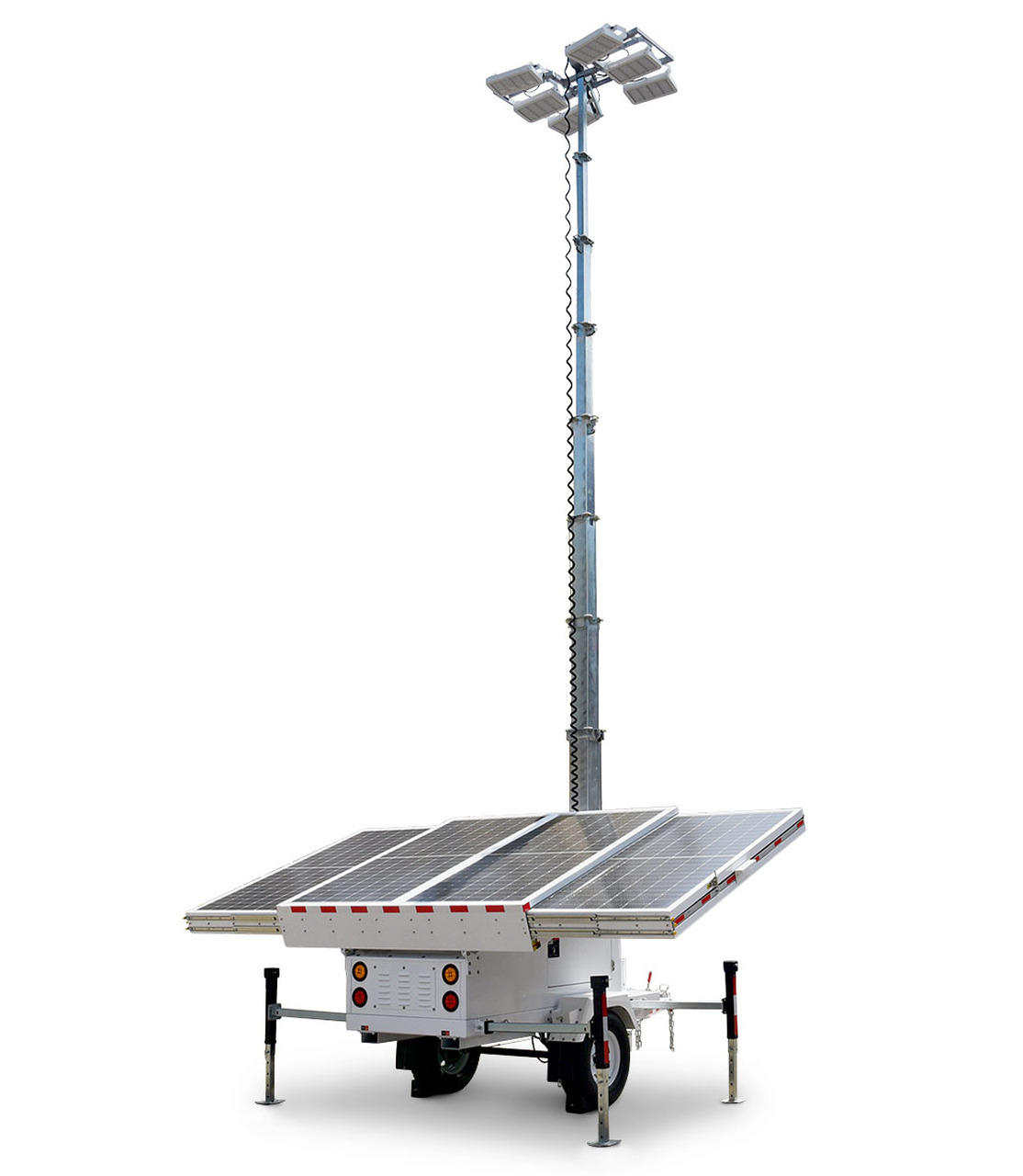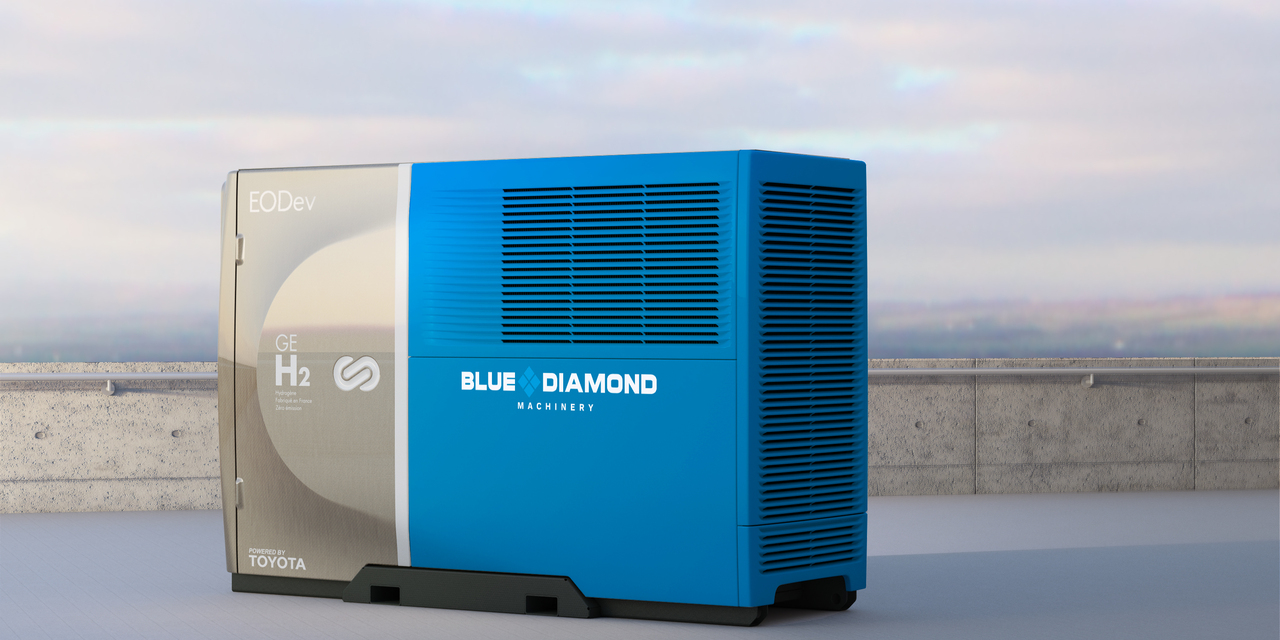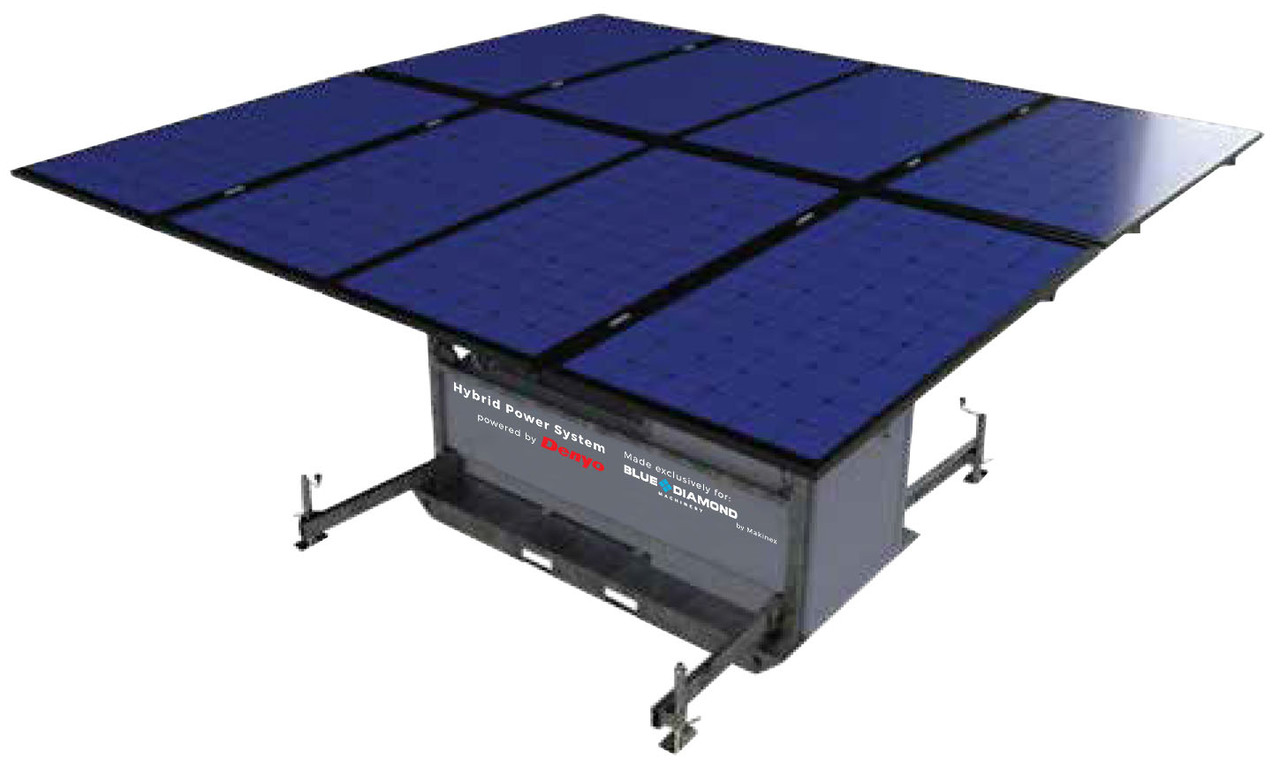The Benefits of Renewable Energy
15th Nov 2021
As the energy transition gains traction, there is a greater need to understand what the benefits of renewable energy are. Let’s take a look.
Renewable Energy vs Non-Renewable Energy
Climate change is forcing governments and industries to move away from non-renewable resources and transition to cleaner sources of energy. The difference between renewable and non-renewable sources of energy are:
Non-Renewable Energy:
Non-renewable energy use resources such as fossil fuels, coal, nuclear energy and natural gases to generate power. Only having a finite amount available on earth, non-renewable sources run out as soon as we use them and can never be replaced. As well as being a non-sustainable source of energy, non-renewables also emit greenhouse gases and carbon emissions. The continuous output of pollution traps heat in the atmosphere and severely disrupts the ecosystem, causing global warming.
Renewable Energy:
Natural resources such as solar, wind and water can continuously replenish without running out, hence the term ‘renewable’. An infinite supply of energy means there is almost no limit to its power output while lessening the reliance on fuel-based sources. As a cleaner energy source, renewable energy emits almost no carbon dioxide into the atmosphere using a battery system to absorb, store and generate energy. This significantly reduces carbon emissions, improves overall air quality and lowers the cost of electricity via an inexhaustible source of natural energy.
Advantages of Renewable Energy
From improving air quality and public health to job creation, there are many benefits of renewable energy:
Clean and Green:
A majority of the global warming emissions stem from the electricity sector using fossil fuels. Renewable energy provides a strong source of clean power, significantly reducing greenhouse gas emissions into the atmosphere.
Fewer greenhouse gas emissions also mean cleaner air. Fossil fuels emit nitrous oxide, carbon dioxide and sulphur dioxide and are damaging to your health when frequently inhaled. Lung disease, respiratory discomfort and some forms of cancers are all risks from frequent exposure to polluted air.
Infinite Sources:
Abundant supplies of sun, wind, heat and water provide a limitless resource to continually use and re-use. This also means renewable systems can generate power for industrial-size applications and buildings for a range of long-term operations. Its continuous availability also means immediate power when you need it.
Cost-effective:
Renewable systems such as turbines and solar panels absorb natural energy that cannot be purchased or sold. Its battery system then stores it, generating ongoing power at a minor cost compared to non-renewable sources. Using renewable energy is also beneficial when paired with fuel generators as it drastically reduces fuel and servicing costs as well as minimises the carbon footprint.
Job Creation:
In comparison to non-renewable sources of energy, renewable sources need installation, maintenance, transportation, logistics, legal, financial and consulting services. This opens up a new, innovative sector for job opportunities to thrive as the energy transition continues to develop.
Why Is Renewable Energy Important?
As global warming continues to disrupt the atmosphere, there is a huge demand for cleaner, more cost-effective ways to generate energy. Many industries are looking to minimise their overall carbon footprint and want to relieve their reliance on fuel-based power sources. The construction and mining sectors make up a huge part of this to utilise emission-free equipment in support of the energy transition.
The transition of renewable energy also creates a solution faced by industries, including reducing the risk of power outages due to extreme weather. In the case of severe storms, heatwaves and fires, renewable energy can continue to run efficiently with minimal disruption compared to electrical grids and power plants.
While immediate, continuous and quiet power is beneficial, renewable energy is an innovative alternative to cut carbon emissions through clean natural resources.
Renewable Energy Applications
With infinite availability comes almost infinite applications. Renewable energy is immediate, continuous, quiet and always in abundance. This means a larger scope of opportunities for industries to utilise a sustainable power solution. They also serve well as a replacement where power is either unreliable or unavailable. As a result, renewable energy is an innovative solution to a variety of applications in the following industries:
- Telecom
- Mining
- Construction
- Retail/Department Stores
- Technology Sectors
- Education Facilities
- Manufacturing Facilities
Types of Renewable Power Solutions
Cleaner energy sources are versatile across construction, industrial and mining industries. Here are some common types of sustainable power solutions that are available:
Solar Water Pumps
Solar water pumps are directly powered by the sun via an electric system. Water can be transferred in remote areas where there is no access to a water main. They are suitable for agricultural industries in rural areas as well as construction, industrial and mining operations requiring remote access to a continuous water supply.
Solar Light Towers
Self-sufficient solar light towers operate during the night without noise, fuel and do not require ongoing maintenance. They will use solar power to generate power via a battery system and can withstand harsh weather conditions. Solar light towers easily provide power suitable for civil, mining, industrial and construction worksites.
Hydrogen Generators
Hydrogen generators produce hydrogen energy through the process of electrolysis using water and filtered air. Hydrogen will then generate power through a battery-charged system to power up work sites, industrial and mining applications. Some hydrogen generators can produce up to a 1MVA optimised power output.
Hybrid Power Systems
A battery-charged system absorbs and stores renewable energy to generate power, only relying on a backup fuel-based generator when battery levels are low on charge. Hybrid power systems are optimal for large-scale, long-term operations across construction, industrial and mining industries.
Geothermal Heat Pumps
Geothermal heat pumps take advantage of underground water temperature to generate power, heat and hot water. They are suitable across residential, commercial and building applications and can be installed through a variety of underground systems.
Committed to Achieving Net-Zero Emissions
Blue Diamond Machinery is devoted to providing emission-free equipment across Australian construction and mining sites. With a dedicated team and over 30 years of industry experience, Blue Diamond Machinery can help you with your renewable requirements. We supply our renewable range Australia-wide, from Melbourne and Perth locations to Sydney, Brisbane and Adelaide. Wherever you are located, we can assist. If you would like further guidance from one of our team members, please contact Blue Diamond Machinery on 1300 998 647.







